Today’s Dollar to Naira black market exchange rate crashed to ₦1,258.260, resulting in a push-up in Naira value. Those who hoarded foreign currency in the Nigerian black market faced intense disappointment, as those hoarded currencies had to be offloaded due to the fear of the quick crash in the Dollar rate.
In the ever-changing world of currency exchange, understanding these rates can also be important for individuals and businesses.
What will happen to Nigerians living in Nigeria who are saving in dollars? A few months ago, so many people thought that was the way forward. On Tuesday, the US dollar to Nigerian Naira exchange rate had appreciated to ₦1,258.260, according to X user @naira_rates.
This means most speculators who buy dollars at higher rates will lose money. According to the findings by the PUNCH, a currency trader named Malam Musa YahYah at the Central Business District in the Federal Capital Territory deeply showed mixed feelings about the new black market exchange rate, observing that some traders were propelled to sell at a loss as a result of the waning demand for the greenback.
Another currency trader in Lagos at Allen Avenue, Ikeja, Mustapha Ibrahim, said that the declining demand for dollars had further weakened the Naira. He then suggested that the Nigerian Naira might reach a new exchange rate of 1200/dollar in a few weeks.
A street trader told BusinessDay on Monday, March 25, 2024, that there are surplus dollars in the market; alternatively, the demand is low. He said he didn’t know where individuals were getting dollars from, but they brought them. He added that some of them who bought dollars at higher rates are now losing money as the dollar is coming down.
As interviewed by the trader Malam Abubakar Salisu in Murtala Muhammed Airport, Lagos, who’s involved in Black market Exchange, he said that the US Dollar to Nigerian Naira Black Market Exchange rate has not been steady in recent times due to CBN and EFCC activities.
He added that many of them are nervous about selling because they know the dollar will soon crash. Maybe Nigerians expected the dollar crash but didn’t see it coming.
The Central Bank of Nigeria (CBN) has played an outstanding role in the appreciation of the Naira by implementing some foreign exchange measures to keep the Naira appreciating over the dollar.
Some of the measures include eliminating limits on the margins for international Money Transfer Operator remittances, introducing a two-way quote system, and distinct reforms in the Bureau De Change segment of the market to help reintroduce stability, improve transparency, enhance supply, and re-establish price discovery in the Nigerian Foreign Exchange Market.
Dollar to Naira Black Market Exchange Rate Today
Here, the black market prices will be carefully broken down for various denominations to facilitate an easy understanding of what’s really happening.
Since today’s dollar selling rate is ₦1,258.260, we multiply it by the dollar denomination to get the Naira equivalent.
| Denomination in Dollars ($) | Black Market Exchange Rate in Naira (₦) Today |
| $1 | ₦1,258.260 |
| $5 | ₦6,291.3 |
| $10 | ₦12,582.6 |
| $20 | ₦25,165.2 |
| $50 | ₦62,913 |
| $100 | ₦125,826 |
| $200 | ₦251,652 |
| $500 | ₦629,130 |
| $800 | ₦1,006,608 |
| $1000 | ₦1,258,260 |
US Dollar to Nigerian Naira Exchange Rate from 1997 to Date (Black Market Rate)
| Year | US Dollar ($) | Nigerian Naira (₦) Exchange rate |
| 1997 | $1 | ₦84.58 |
| 1998 | $1 | ₦84.70 |
| 1999 | $1 | ₦88 – ₦90 |
| 2000 | $1 | ₦105.00 |
| 2001 | $1 | ₦104 – ₦122 |
| 2002 | $1 | ₦122 – ₦140 |
| 2003 | $1 | ₦135 – ₦137 |
| 2004 | $1 | ₦135 – ₦144 |
| 2005 | $1 | ₦132 – ₦136 |
| 2006 | $1 | ₦128.50 – ₦131.80 |
| 2007 | $1 | ₦120 – ₦125 |
| 2008 | $1 | ₦115.50 – ₦120 |
| 2009 | $1 | ₦145 – ₦171 |
| 2010 | $1 | ₦148.21 – ₦154.8 |
| 2011 | $1 | ₦151.05 – ₦165.1 |
| 2012 | $1 | ₦155.09 – ₦161.5 |
| 2013 | $1 | ₦153.21 – ₦162.9 |
| 2014 | $1 | ₦170 – ₦199 |
| 2015 | $1 | ₦199 – ₦300 |
| 2016 | $1 | ₦310 – ₦370 |
| 2017 | $1 | ₦360 |
| 2018 | $1 | ₦365 |
| 2019 | $1 | ₦360 |
| 2020 | $1 | ₦380.255 |
| 2021 | $1 | ₦413 |
| 2022 | $1 | ₦610 |
| 2023 | $1 | ₦700 |
| 2024 | $1 | ₦1800 – ₦1,600 – ₦1,400 – ₦1,258.773 |
A Brief History of the Fall of the Nigerian Naira
It’s no longer news that the Nigerian Naira has been struggling with the dollar since the 1980s. The question of what really brought about this situation remains.
Let’s take you down the path of history as the reason will be unravelled.
Since 1986, the Nigerian Naira has been in a roller-coaster relationship with the US dollar and other foreign currencies. While that relationship was dysfunctional, it made lots of people rich. And you wouldn’t imagine that some Nigerians even wished that the Naira didn’t appreciate in value. How sad!
President Ibrahim Babangida’s Second Tier Foreign Exchange Market (SFEM)
The SFEM was introduced in September 1986 as part of the IMF reforms General Ibrahim Babangida (IBB) accepted due to the state of Nigeria at the time. Before this happened, in the 70s to early 80s, the exchange rate of naira to dollar was 90 Kobo to $1. IBB left office in 1993, and Naira was exchanged for ₦17 naira to 1 dollar. Bureaux de change was introduced into the economy at this time.
Related Articles:
President Sani Abacha (1993-1998)
During this period until his death on June 8, 1998, the official exchange rate of naira to dollar didn’t fluctuate from 22 naira to one dollar. At this time, the Autonomous Foreign Exchange Market (AFEM) was created in 1995 as an avenue for the Central Bank of Nigeria (CBN) to retail forex to end-users at the then-market rates.
The rigid exchange rate gave rise to the creation of the mainstreaming of the forex black market.
At some point, the naira traded for as high as 88 naira per dollar, while the official rate remained at ₦22.
So, if the black-market rate was about four times the official rate, people really made a fortune from the business. Most of the fortunes in the banking sector that remain to this day were made during this period.
Joseph Sanusi (Governor of CBN from 1999 to 2004)
The Interbank Foreign Exchange Market (IFEM) was formed during Joseph Sanusi’s tenure. During this period, the naira didn’t survive at the rate of ₦22 for so long. Within one year, the Naira was trading for 85 naira, and the gap with the black market had closed at ₦105 to $1 if it was to be compared with what happened in President Abacha’s time.
At this point, the oil prices were relatively low, and Nigeria was struggling with a foreign debt that was, unfortunately, eating deep into foreign exchange. Sanusi suspended IFEM for six months when the Naira came under pressure and put in place a limit for banks to trade their forex.
Chukwuma Soludo (2004-2009)
In late 2003, oil prices started gaining significant ground from around $30 per barrel to $140 per barrel in mid-2008. During this period, Nigeria got its debt relief from the Paris Club. The rising oil prices greatly enhanced Nigeria’s foreign exchange.
These joyful moments made President Soludo unite the four different exchange rates at the time. At this period, the naira gained almost 20% against the dollar without too much effort to strengthen it.
Sanusi Lamido Sanusi (June 2009 – February 2014)
As oil prices recovered greatly over time, the governor of CBN, Sanusi Lamido Sanusi, brought back the Interbank and other markets that Soludo had banned already. But later, a weird problem occurred. What was that?
Oil prices rose, but Nigeria didn’t build up its reserves. This means that enough dollars weren’t available to support the naira and keep it stable, as desired.
Godwin Emefiele (June 2014 – June 2023)
During this period, oil dropped to $45 per barrel, and the initial $80 turned to $15 as the cost of sourcing the oil from the ground had to be considered.
This means that revenues dropped much more than oil prices did. Nigeria wasn’t really earning at this point.
It would be a great advantage if Nigeria could figure out the best way to spend oil money. Politics should never bully economics because there will definitely be a problem.
Olayemi Cardoso (2023 to where we are today)
Dr. Olayemi Cardoso is doing well so far by devising appropriate monetary policies, moving towards headship in the foreign exchange rates, and, most importantly, achieving an outstanding value for the naira, which he strongly believes has been undervalued.
The Bright Side
A lesson in all these is that the exchange rate should not be politicized, as it is an unhealthy obsession in Nigeria. The Nigerian currency shouldn’t be fiddled with at any point.
The good news today is that the Nigerian Naira is no longer falling. It’s gradually getting back its value for all it’s worth as the US dollar to Nigerian Naira exchange rate today is $1 for ₦1,258.260.
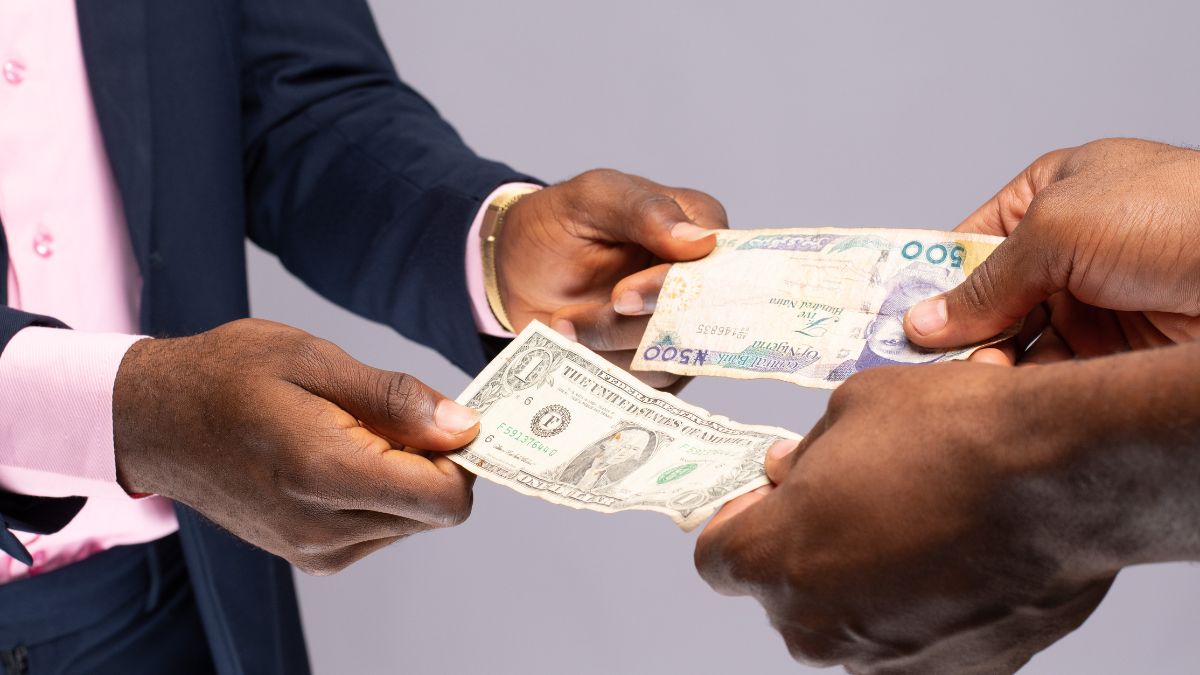


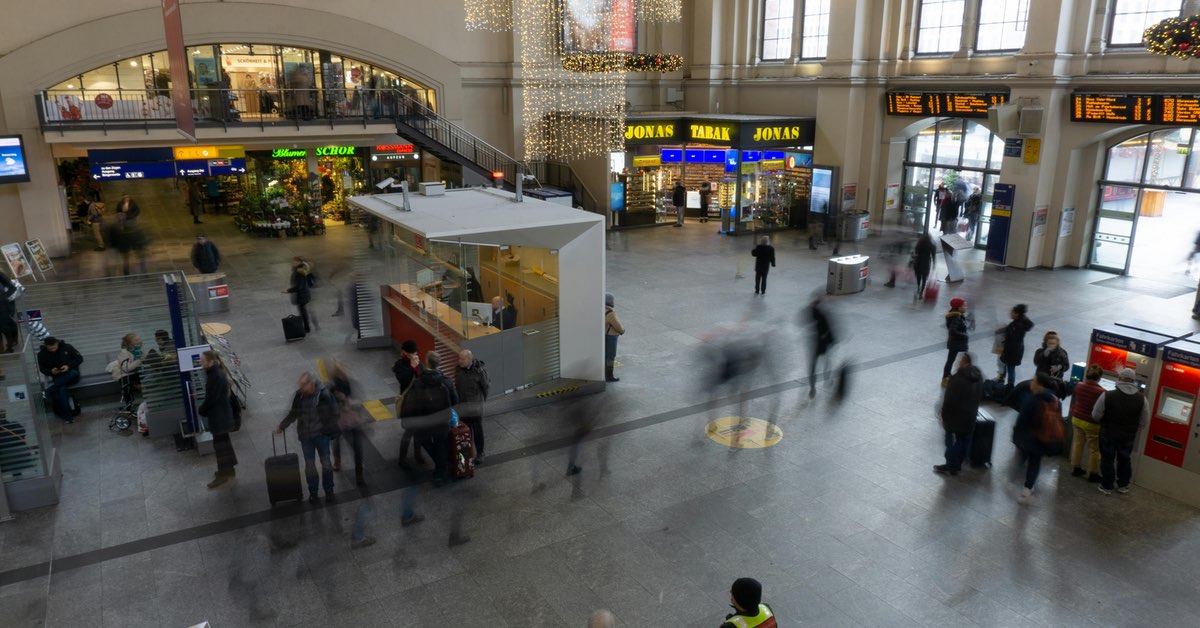


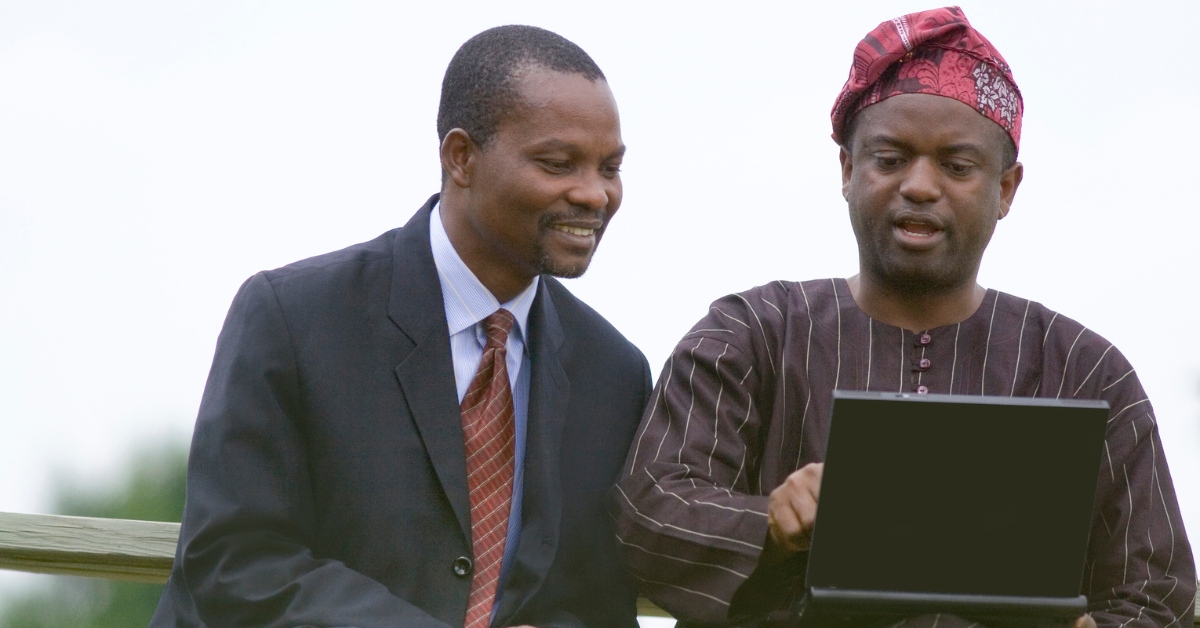
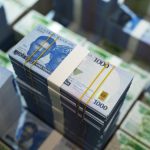
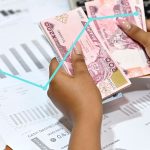
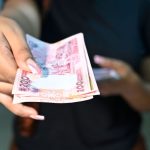
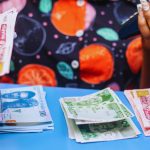

This Post Has 0 Comments